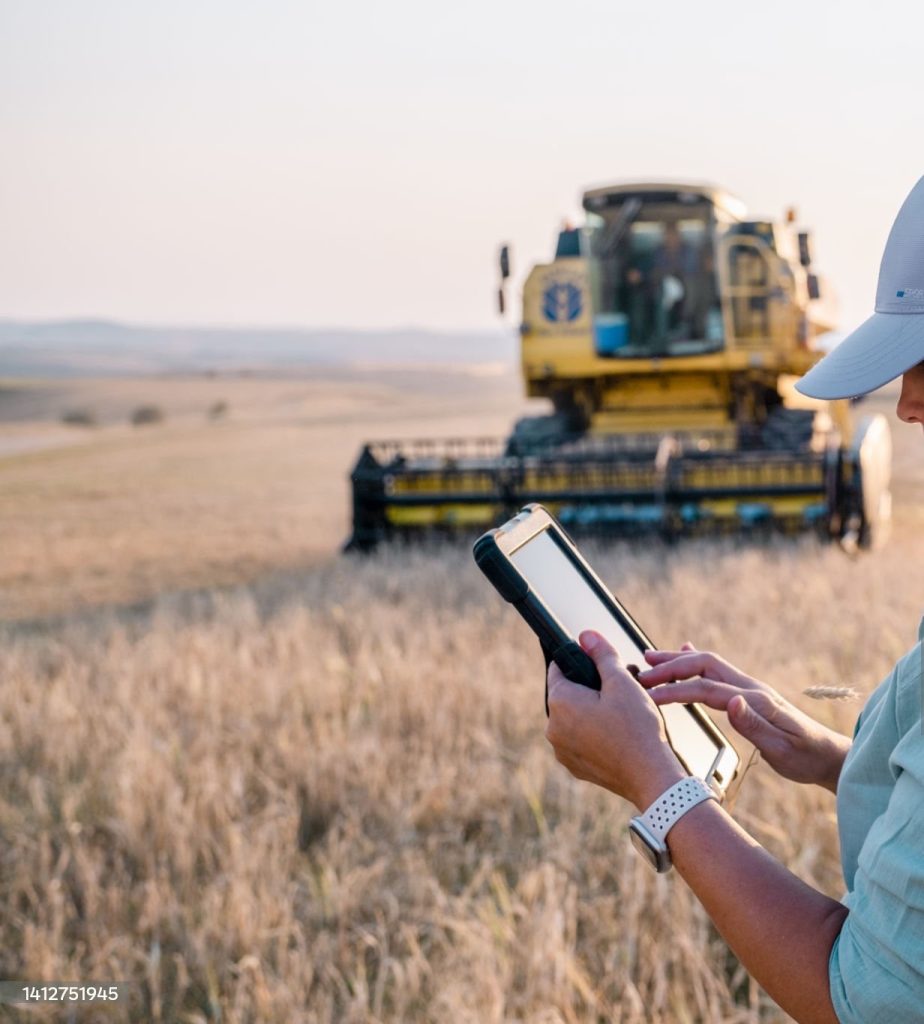Swiss industries, ranging from manufacturing to agriculture, are increasingly leveraging IoT to streamline resource management. In manufacturing, companies like ABB are utilizing IoT to monitor equipment health, predict maintenance needs, and improve production efficiency. This proactive approach minimizes downtime and extends the lifespan of machinery. Meanwhile, in agriculture, Swiss farmers are employing IoT devices such as soil moisture sensors and weather stations to optimize water usage and enhance crop yields. By connecting these devices to centralized systems, farmers can make data-driven decisions that promote sustainable farming practices.
Public transportation in Switzerland is also benefiting from IoT. The Swiss Federal Railways (SBB) has integrated IoT sensors into their trains to monitor real-time conditions and predict maintenance requirements. This not only ensures a smoother and safer travel experience for passengers but also reduces operational costs by preventing unexpected breakdowns.
Benefits of IoT in Resource Management
The integration of IoT into resource management offers several advantages, including improved efficiency, cost savings, and enhanced sustainability. By providing real-time data and insights, IoT devices enable businesses to monitor resource usage closely and identify areas for improvement. This can lead to significant cost savings as resources are allocated more effectively and waste is minimized. Additionally, the ability to predict maintenance needs and address issues proactively helps extend the lifespan of equipment and reduce downtime.
Environmental sustainability is another critical benefit of IoT in resource management. With IoT sensors monitoring energy consumption, water usage, and waste generation, companies can implement more sustainable practices and reduce their environmental footprint. This aligns with Switzerland’s commitment to sustainability and its ambitious goals under the Swiss Energy Strategy 2050, which aims to increase energy efficiency and reduce greenhouse gas emissions.
Key IoT Solutions and Technologies

One notable example is the use of smart meters in the energy sector. Companies like Landis+Gyr, a global leader in smart metering solutions, provide advanced meters that allow for precise tracking of energy consumption. These smart meters communicate data in real-time to energy providers and consumers, enabling more efficient energy use and better demand management.
In the realm of water management, IoT sensors are being deployed to monitor water quality and usage in real-time. Swiss water utility companies, such as eawag, use these sensors to detect leaks, monitor water levels, and ensure the quality of drinking water. This real-time monitoring helps prevent water wastage and ensures that resources are used efficiently.
The logistics industry is also seeing the benefits of IoT. Companies like Swiss Post have implemented IoT solutions to optimize their delivery processes. IoT-enabled tracking devices provide real-time information on the location and condition of packages, ensuring timely deliveries and reducing the risk of loss or damage.
Challenges and Considerations
While the adoption of IoT in resource management offers numerous benefits, it also presents certain challenges. One major concern is data security. With a vast amount of sensitive information being transmitted and stored, ensuring the security and privacy of data is paramount. Swiss companies must adhere to strict data protection regulations, such as the Federal Act on Data Protection (FADP), to safeguard against potential breaches.
Another challenge is the integration of IoT systems with existing infrastructure. Many Swiss industries have legacy systems that may not be compatible with modern IoT technologies. This necessitates significant investment in upgrading infrastructure and training personnel to manage and maintain these new systems.
Additionally, the initial cost of implementing IoT solutions can be high. However, the long-term benefits, such as improved efficiency and cost savings, often justify this investment. Businesses must carefully evaluate the return on investment and consider the potential for scalability when adopting IoT technologies.
The Future of IoT in Resource Management
The future of IoT in resource management looks promising, with continued advancements in technology and increasing adoption across industries. Innovations such as 5G connectivity and edge computing are set to enhance the capabilities of IoT devices, enabling faster data processing and more reliable communication. This will further improve the efficiency and effectiveness of resource management systems.
Swiss companies are also exploring the potential of blockchain technology to enhance the transparency and security of IoT systems. By creating immutable records of transactions and data exchanges, blockchain can help address some of the security concerns associated with IoT.
Moreover, the government is actively supporting the adoption of IoT through initiatives such as the Digital Switzerland Strategy, which aims to foster innovation and digital transformation across the country.
Successful IoT Projects in Switzerland
These projects span multiple industries, showcasing the versatility and effectiveness of IoT solutions. Here are some notable examples:
- ABB’s Smart Manufacturing: ABB, a multinational corporation, has integrated IoT sensors into their manufacturing processes to monitor equipment health, predict maintenance needs, and improve overall production efficiency. This has led to reduced downtime and extended the lifespan of machinery.
- AgriCircle’s Smart Farming Solutions: AgriCircle, a ag-tech company, provides IoT-enabled tools for farmers to optimize water usage and enhance crop yields. Their solutions include soil moisture sensors and weather stations that help farmers make data-driven decisions, promoting sustainable farming practices.
- Swiss Post’s Logistics Optimization: Swiss Post has implemented IoT tracking devices to monitor the location and condition of packages in real-time. This has improved the efficiency of their delivery processes, ensuring timely deliveries and reducing the risk of loss or damage.
- eawag’s Water Management: The Federal Institute of Aquatic Science and Technology (eawag) uses IoT sensors to monitor water quality and usage. These sensors help detect leaks, monitor water levels, and ensure the quality of drinking water, contributing to more efficient water management.
These projects highlight the transformative impact of IoT on resource, demonstrating how technology can drive efficiency, sustainability, and innovation across various sectors.



